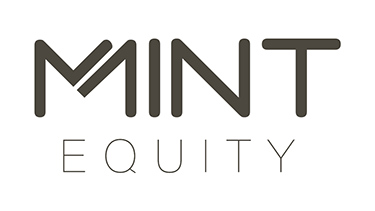Original article published by Your Investment Property Magazine
Rental property owners are in the sights of the Australian Taxation Office (ATO), who are putting renewed focus into clamping down on the large number of mistakes, errors and false claims made by investors.
“Incorrect rental property claims will not go unnoticed,” said Assistant Commissioner Kath Anderson.
“Whether it is a genuine mistake or a deliberate attempt to over-claim, new technology, data matching and other systems allow the ATO to identify unusual claims.”
Of particular interest to the ATO is landlords who claim deductions for holiday homes, Anderson said – especially those who make claims for properties that are not actually available for rent, or that are only available to friends and family.
“While private use by family and friends of a holiday home is entirely legitimate, it does reduce your ability to earn income from the property. This in turn impacts the deductions you can claim,” she said.
“You can only claim deductions for your holiday home if your property is genuinely available for rent. You cannot claim for times when you were using it for your own personal holidays or letting friends and family stay rent-free.”
Anderson added, “It’s not ok to expect everyone else to pay for your holiday.”
She urged holiday homeowners to remember that if their property is rented to friends and family at “mates rates”, then they can only claim deductions for expenses up to the amount of the income received.
“We also see things like unreasonable conditions placed on prospective renters, rental rates set above market rates, or failing to advertise a holiday home in a way that targets people who would be interested in it,” Anderson said.
“Where something raises a red flag, it will be investigated. Property owners whose claims are disproportionate to the income received can expect scrutiny from the ATO.”
ATO checklist: Is your property genuinely available to rent?
1. Do you advertise the property?
You should advertise the property to a wide audience. Advertising through a real estate agent or an online site is not always enough evidence to demonstrate that a property is genuinely available for rent, and nor is advertising locally or by word or mouth.
2. Have you ensured the property is in rentable condition?
The property must be in a location and condition that will mean tenants will want to rent it. If your property is run-down or in a remote location, it may not be realistic to expect that it will appeal to anyone.
3. Are you charging market rates?
Charging rent above market rates in order to deter tenants from applying could mean your property is considered to not be “genuinely available for rent”. Likewise, if you, your family or your friends stay for free, your property will not meet the criteria during that time period. If the property is being tenanted at a discount (mates rates) then the allowable deductions are limited to the amount of rent charged, not market rates.
4. Will you genuinely accept tenants?
If you refuse to rent out your property to interested potential tenants without a good reason, this indicates that you may not have a genuine intention to make income from the property and could be reserving it for private use. In this case, your property wouldn't meet the criteria for being genuinely available for rent.


